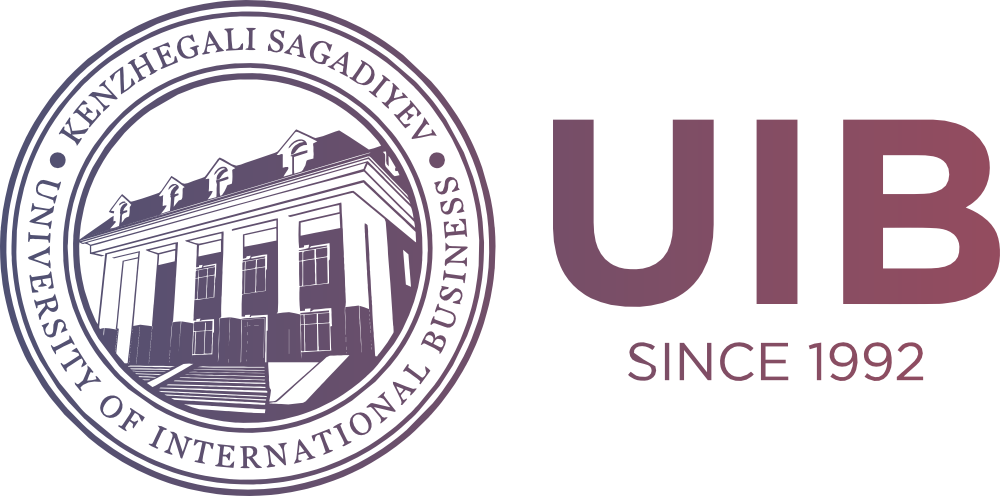Integration of Islamic Values and Sustainable Tourism: The Case of FIFA World Cup Qatar 2022
DOI:
https://doi.org/10.47703/ejebs.v69i2.486Keywords:
Tourism, Sports Tourism, Tourism Economy, Islamic Values, Sustainable Development, Social ResponsibilityAbstract
Hosting international mega-sporting events is increasingly seen as a tool of soft power and a way to promote sustainable development, national values, and tourism culture. The article aims to analyze how Islamic values have been integrated into the strategy of sustainable development and tourism legacy implemented during the FIFA World Cup Qatar 2022. Methodologically, the work is based on a qualitative approach combining a case study (based on the example of the 2022 World Cup) and autoethnography, which made it possible to combine the institutional and personal levels of analysis. The empirical base includes structured diary entries by the author, accumulated over eight years of professional participation in the preparation and implementation of sustainability and legacy programs, as well as secondary sources – scientific publications, official FIFA documents and government reports. The results of the study show that in a number of key areas (environmental sustainability, cultural exchange, social responsibility) there is a similarity between the goals of FIFA and Islamic values, which confirms the conscious localization of global standards. Islamic values were not just a background but were actively used in decision-making, programming, and communication with an international audience. In conclusion, it is recommended that religious and cultural values be integrated more deeply into the practice of sustainable development, especially in non-Western contexts, to ensure greater cultural relevance and acceptance in society.
Downloads
How to Cite
Downloads
Published
Issue
Section
License

This work is licensed under a Creative Commons Attribution 4.0 International License.
Authors retain copyright and grant the journal right of first publication with the work simultaneously licensed under a Creative Commons Attribution (CC-BY) 4.0 License that allows others to share the work with an acknowledgment of the work’s authorship and initial publication in this journal.



